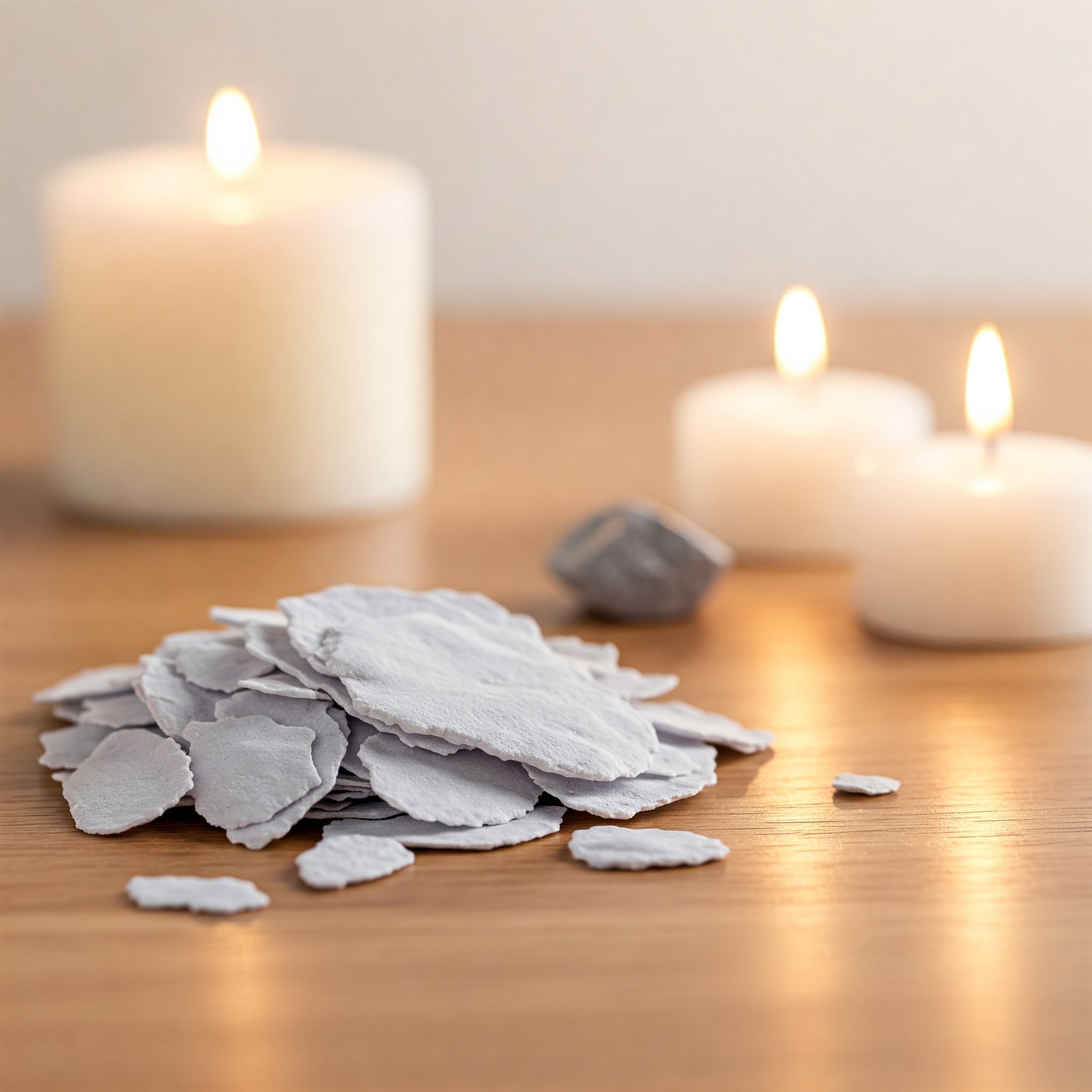Your Muscles Are Secretly Craving This Mineral

That tight feeling in your shoulders after a long day isn’t just fatigue—it might be your body’s way of signaling a crucial mineral deficiency. While most of us reach for massages or stretching to ease tension, research points to a simpler solution that addresses the root cause: mineral baths rich in magnesium.
Magnesium deficiency affects up to 50% of Americans, yet it remains largely unaddressed in conventional wellness conversations. This overlooked mineral powers over 300 enzymatic reactions in your body, making it essential for everything from muscle function to stress regulation.
Your skin—the body’s largest organ—doesn’t just keep things out; it selectively lets certain substances in. Magnesium happens to be one of them.
The Science of Soaking
When you immerse yourself in a mineral bath, something remarkable happens. The magnesium ions in the water cross your skin barrier in a process scientists call transdermal absorption. Unlike oral supplements that must navigate your digestive system (where much of the magnesium gets lost), transdermal delivery provides a more direct route to muscles and tissues.
Research published in the Journal of the International Society of Sports Nutrition demonstrates that magnesium can effectively penetrate the skin barrier when dissolved in warm water. The heat from the bath dilates blood vessels and opens pores, enhancing absorption rates significantly.
Your muscle cells use this influx of magnesium to regulate calcium levels—a critical balance that determines whether muscles contract or relax. Too little magnesium allows calcium to overstimulate muscle fibers, resulting in that familiar tight, tense feeling.
Recovery Beyond Rest
For athletes and active individuals, muscle recovery typically involves rest, protein, and perhaps some foam rolling. But magnesium baths add a biochemical dimension to recovery that addresses what’s happening inside muscle cells.
Magnesium helps shuttle lactic acid—the compound responsible for that burning sensation during intense exercise—out of muscle tissue more efficiently. This accelerates recovery time and reduces post-workout soreness.
But you don’t need to be a marathon runner to benefit. Even tension from everyday activities like sitting at a desk creates micro-contractions that deplete magnesium stores over time.
The Stress Connection
The relationship between magnesium and stress works both ways. Stress depletes magnesium, and low magnesium increases stress sensitivity—a vicious cycle that mineral baths help break.
When absorbed through the skin, magnesium helps regulate cortisol production and activates the parasympathetic nervous system—your body’s relaxation response. This dual action explains why a good soak leaves you feeling mentally refreshed alongside physical relief.
This isn’t just subjective experience. Studies measuring cortisol levels before and after magnesium therapy show measurable reductions in this primary stress hormone.
Beyond Epsom Salts
While Epsom salts (magnesium sulfate) remain the most common form of mineral bath, research suggests that magnesium chloride may offer superior absorption benefits. Its molecular structure makes it more bioavailable through the skin barrier.
Temperature matters too. Water between 100-104°F (38-40°C) provides the optimal balance between comfort and increased absorption. Soaking for at least 20 minutes allows enough time for meaningful transdermal delivery.
Consistency yields the most significant benefits. Regular weekly soaks maintain magnesium levels better than occasional marathon sessions.
Listening To Your Body’s Signals
The body has evolved sophisticated ways to communicate its needs. That restlessness in your legs, tension across your shoulders, or even chocolate cravings might actually be signals of magnesium deficiency.
Mineral soaks like at www.privatehotsprings.com offer a therapeutic approach that aligns with your body’s natural absorption mechanisms. Rather than forcing minerals through the digestive tract, you’re working with your skin’s permeability. T
Your body knows what it needs. Sometimes the oldest remedies—like soaking in mineral-rich waters—remain effective precisely because they work with our biology rather than against it.
So the next time muscle tension or stress has you searching for relief, consider that your body might not just be tired—it might be hungry for magnesium. A warm mineral bath or soak in www.privatehotsprings.com might be exactly what your muscles have been secretly craving all along.
